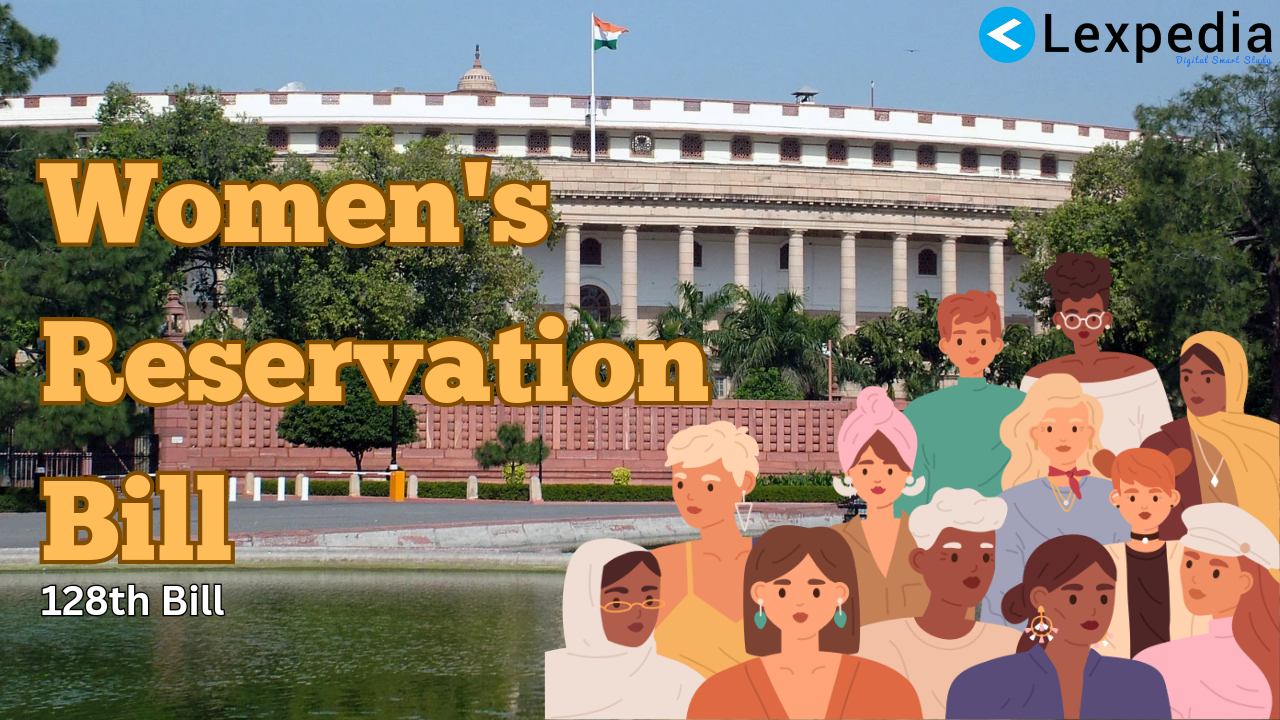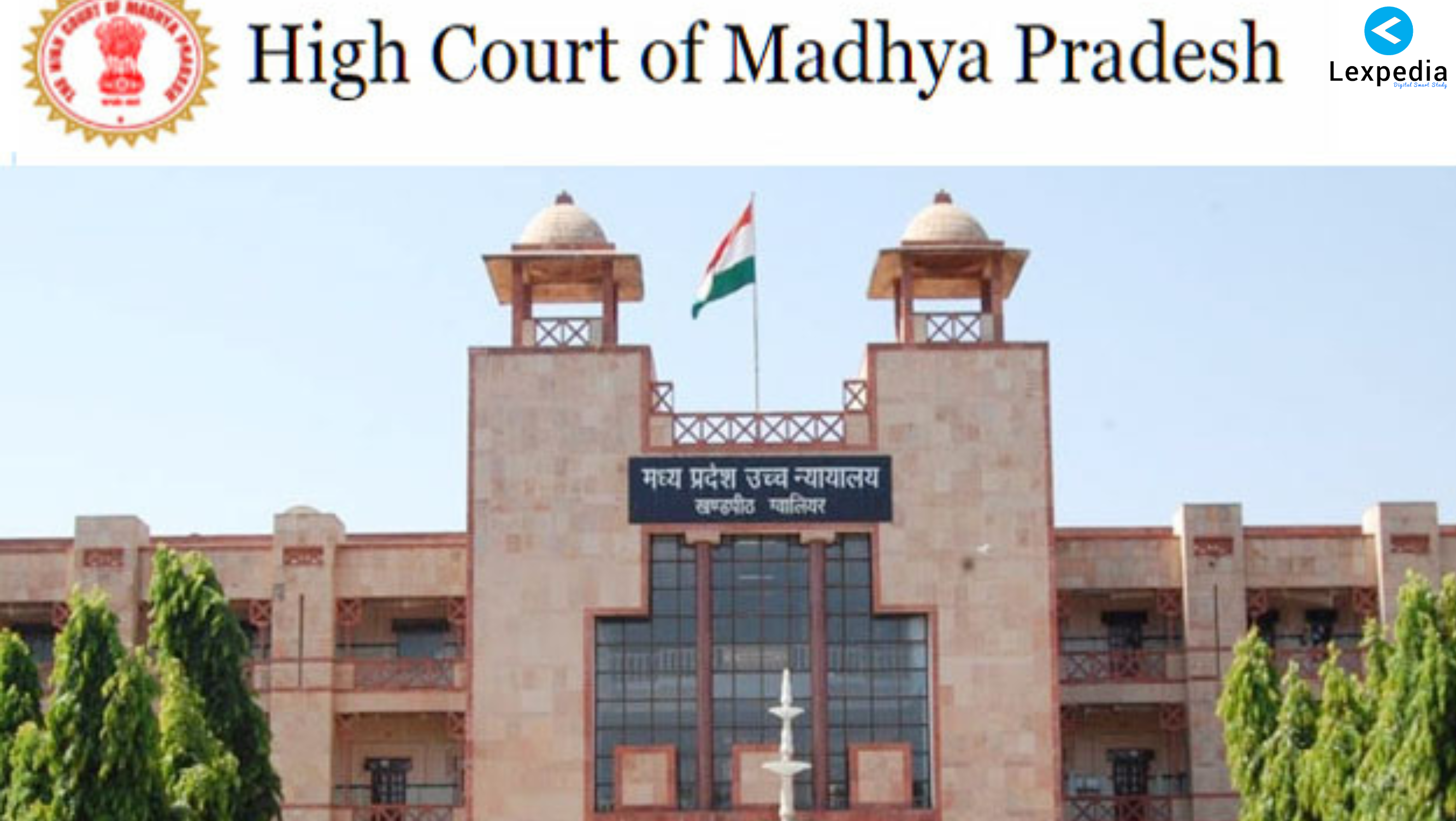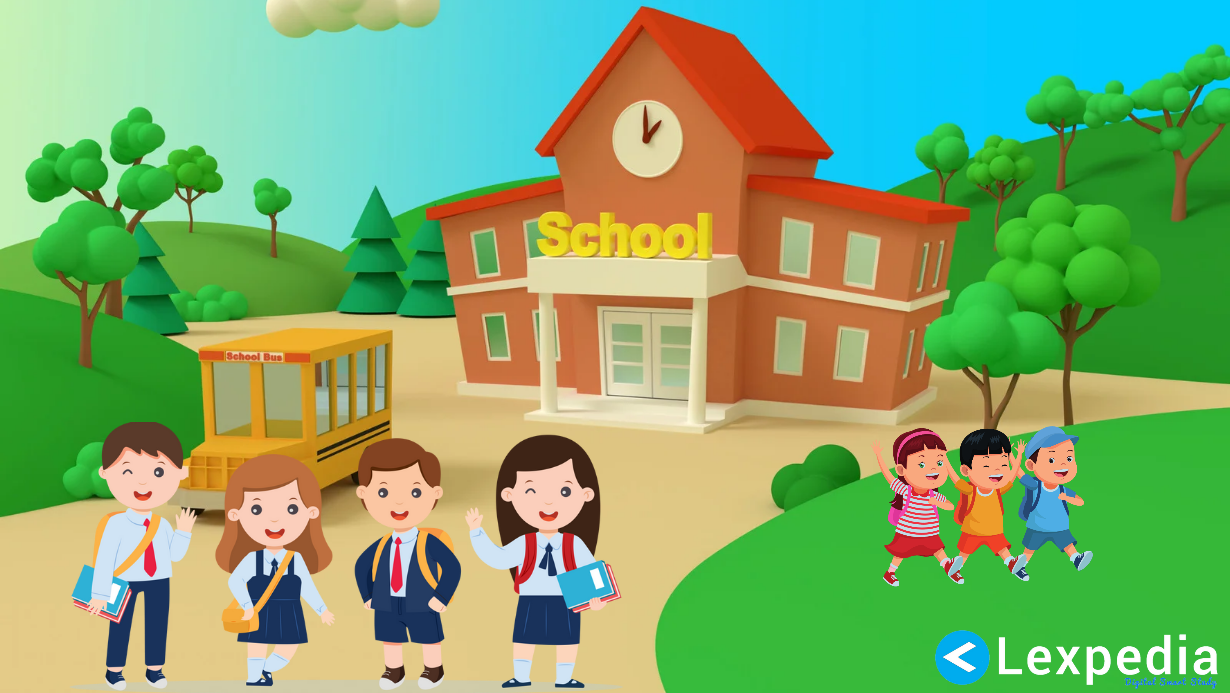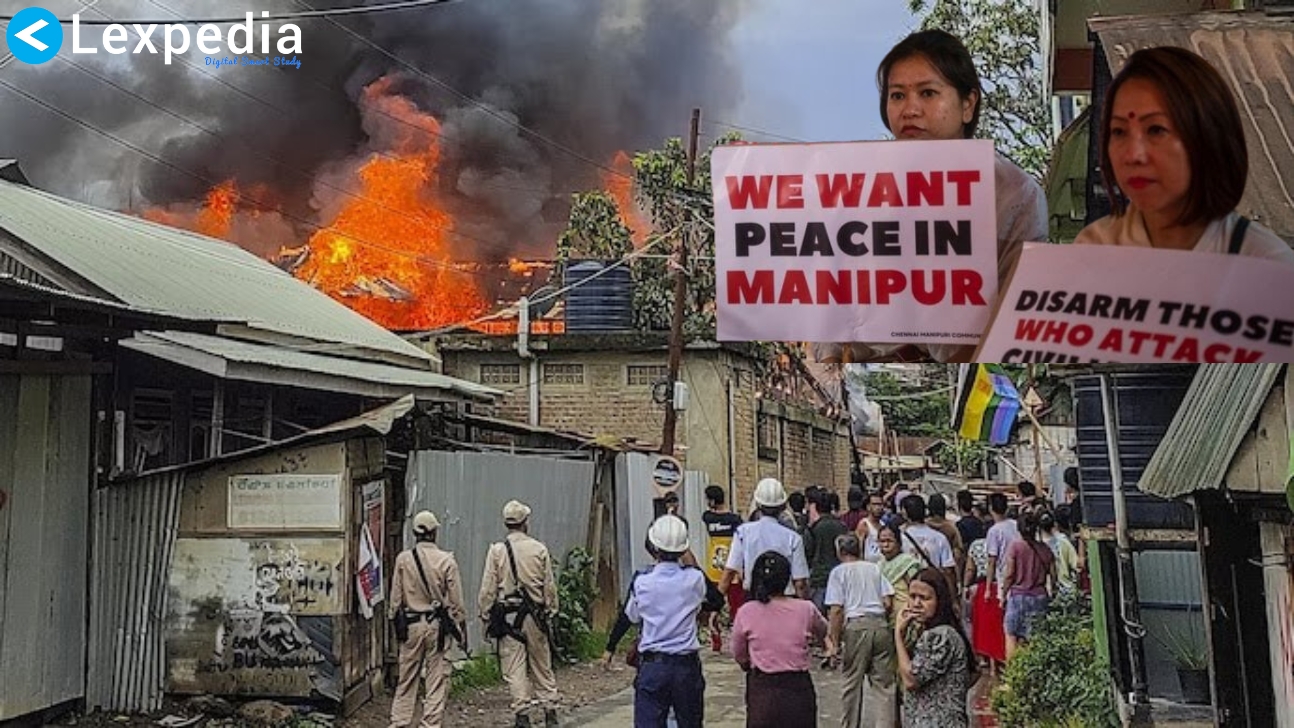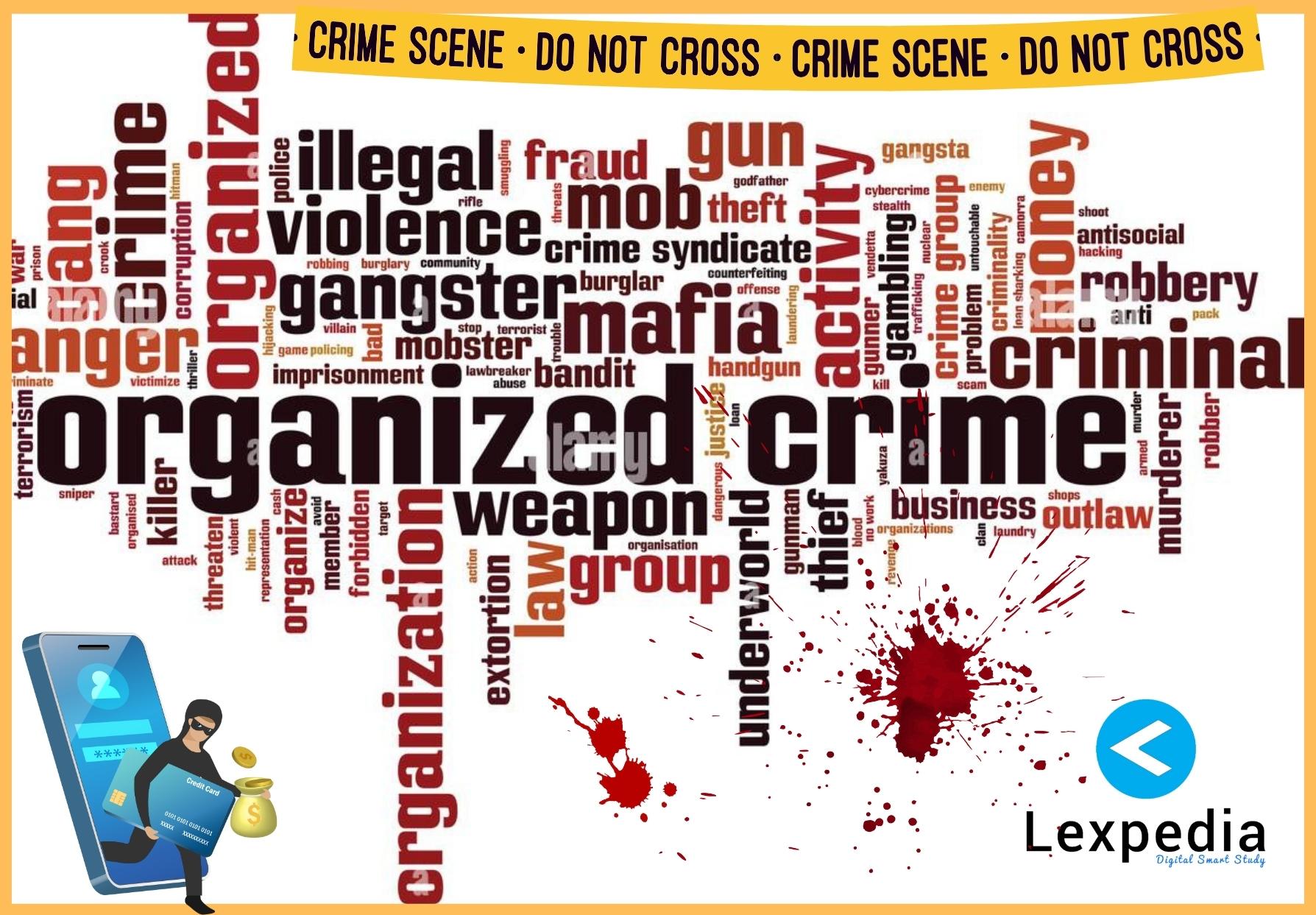
Media: The Fourth Pillar of Democracy
- Lexpedia
- September 4, 2023
- 3:12 pm
Share Post :
Introduction: In the realm of modern democracies, the media plays a pivotal role as the “Fourth Pillar,” alongside the executive, legislative, and judicial branches. This pillar represents the free press and its essential function of disseminating information, fostering public discourse, and holding power to account. A robust and independent media is crucial for upholding democratic principles, ensuring transparency, and safeguarding citizens’ rights. This article explores the significance of media as the Fourth Pillar of democracy, its historical evolution, its challenges and responsibilities, and the changing landscape in the digital age.
Historical Evolution: The idea of the media as a democratic pillar has its roots in the Enlightenment era when thinkers like John Locke and Voltaire championed freedom of expression and the press. The concept gained prominence during the American and French Revolutions when independent newspapers became instrumental in shaping public opinion and influencing political discourse.
In modern times, the role of the media as the Fourth Pillar solidified during the 20th century as mass communication technologies advanced. Newspapers, radio, television, and eventually the internet enabled widespread dissemination of information and facilitated citizen engagement in democratic processes. A free press became a cornerstone of democratic governance by providing checks and balances on governmental power.
FUNCTIONS AND SIGNIFICANCE:
- Informing the Public: The primary role of the media is to provide accurate and timely information to citizens. This empowers people to make informed decisions, participate in public affairs, and engage in civic processes.
- Accountability and Oversight: Media acts as a watchdog, holding public officials, institutions, and corporations accountable for their actions. Investigative journalism uncovers corruption, abuse of power, and other wrongdoings, helping maintain transparency and integrity in governance.
- Fostering Public Discourse: Media serves as a platform for public discussions on diverse issues, allowing citizens to express their opinions and engage in debates. It promotes healthy dialogue and helps in shaping collective opinions.
- Representation of Voices: A robust media ensures that a variety of voices, including those of marginalized groups, are heard, preventing the dominance of a single narrative and promoting inclusivity.
- Educating and Empowering: Media educates citizens about their rights, responsibilities, and the complexities of public policy. This empowers them to engage critically with political, social, and economic matters.
CHALLENGES AND RESPONSIBILITIES: While the media holds a crucial role in democratic societies, it also faces several challenges that can impact its effectiveness as the Fourth Pillar:
- Media Ownership and Bias: Concentration of media ownership in the hands of a few entities can lead to biased reporting and lack of diversity in perspectives.
- Commercialization and Sensationalism: The pursuit of higher ratings and profits can incentivize sensationalism, leading to the prioritization of entertainment over informative content.
- Misinformation and Fake News: The digital age has exacerbated the spread of misinformation and fake news, eroding public trust in media sources.
- Political Interference: Governments and powerful interests can attempt to manipulate or control media content, undermining its independence.
- Erosion of Journalistic Ethics: Pressure to produce content quickly can sometimes compromise accuracy and ethical reporting.
The Digital Age and New Media: The advent of the Internet and digital technologies has revolutionised the media landscape. Social media platforms, blogs, podcasts, and online news outlets have democratized information dissemination, allowing individuals to shape public discourse. However, this democratization has also brought challenges such as the rapid spread of misinformation, echo chambers, and the difficulty of verifying sources.
Media Literacy and Citizen Engagement: As media becomes increasingly complex, the need for media literacy is paramount. Citizens must be equipped with the skills to critically assess information sources, distinguish between credible and unreliable news, and understand media biases. Moreover, citizen engagement through social media and online platforms has the potential to bridge the gap between traditional media and the public, making democracy more participatory and inclusive.
Conclusion: The media’s role as the Fourth Pillar of democracy is indispensable. Its ability to inform, question, and provide a platform for diverse voices is vital for maintaining transparency, accountability, and civic engagement. While challenges like misinformation and biased reporting exist, they can be addressed through a combination of strong ethical standards, media literacy initiatives, and technological advancements. In an increasingly interconnected world, free and responsible media remains essential for upholding the values of democracy and ensuring a well-informed and engaged citizenry.





